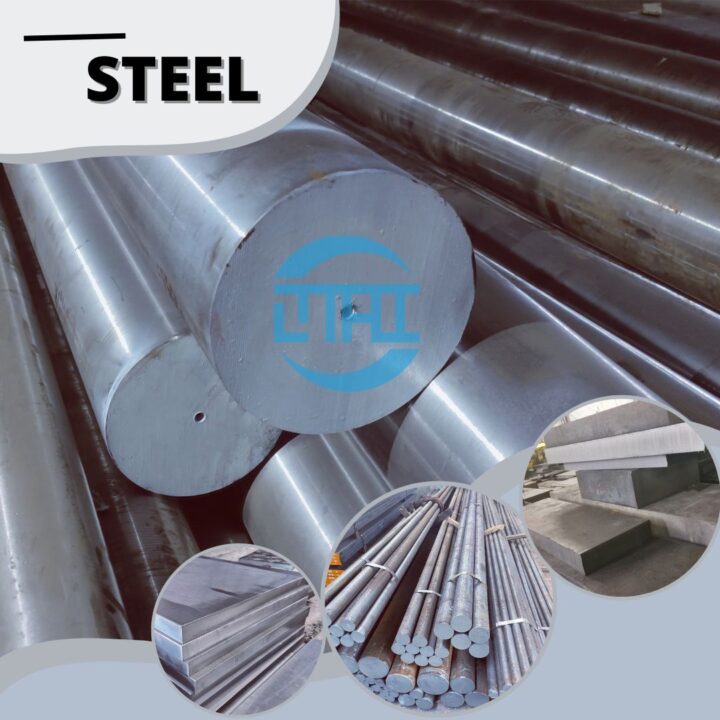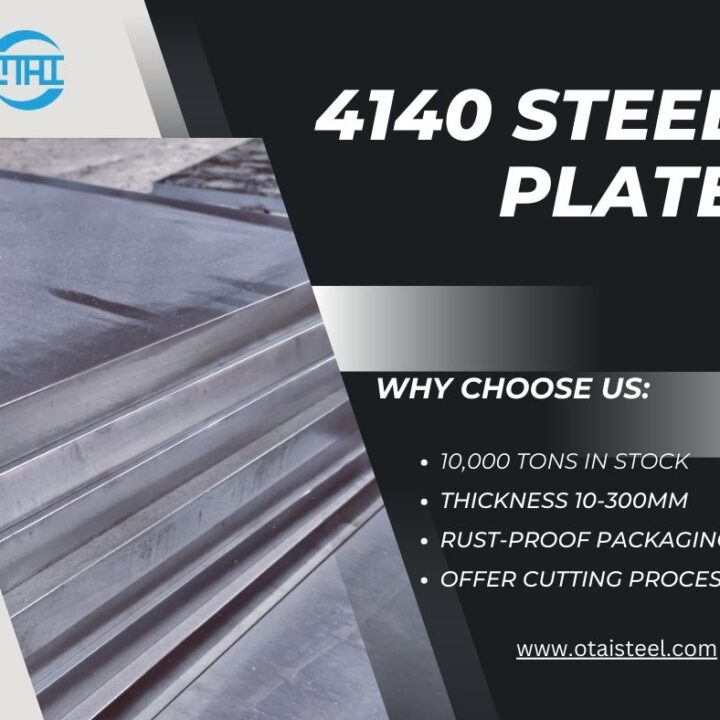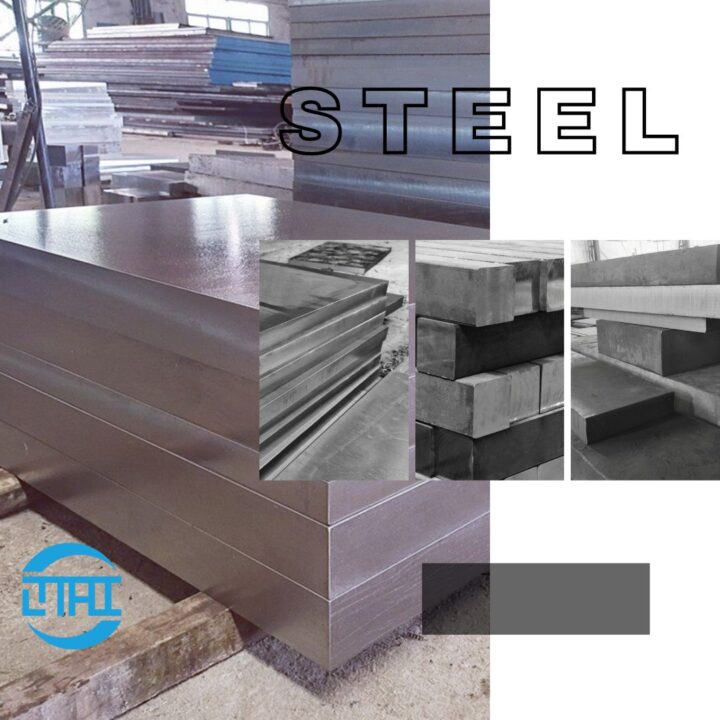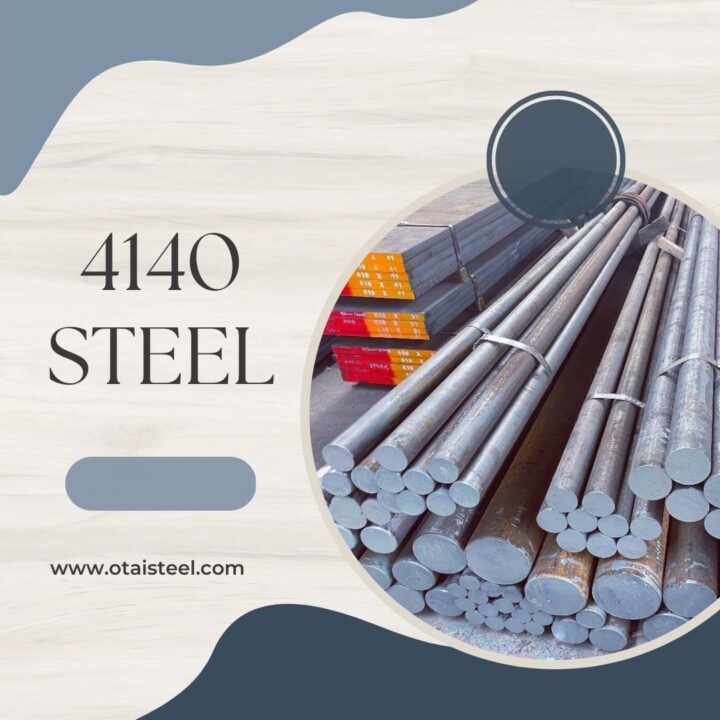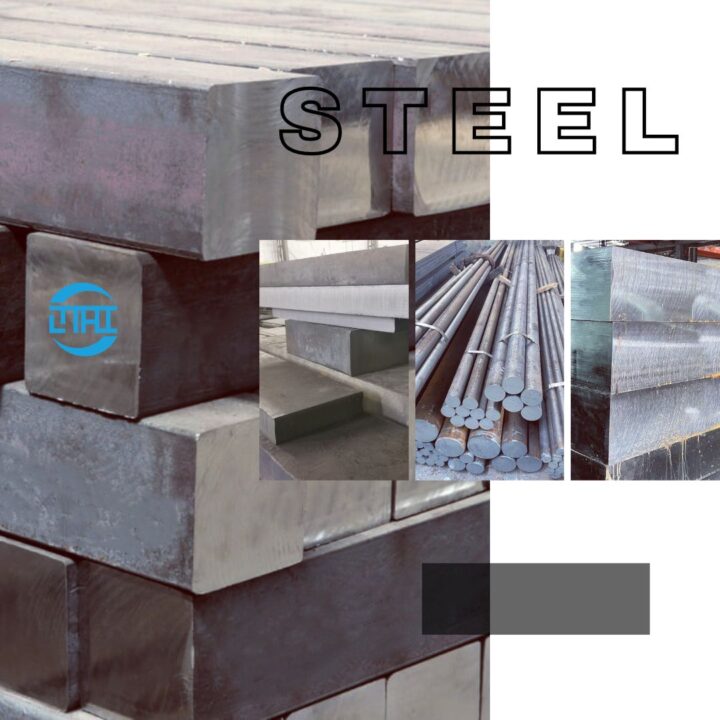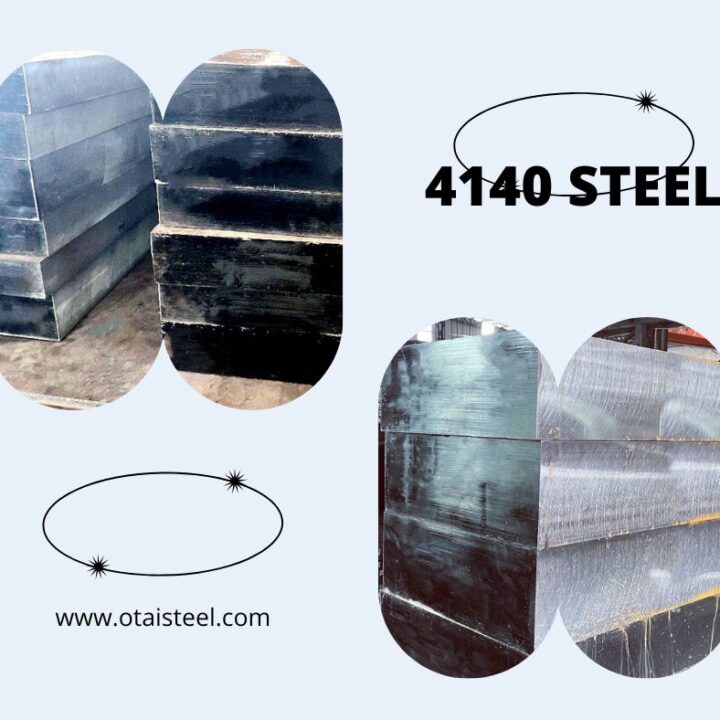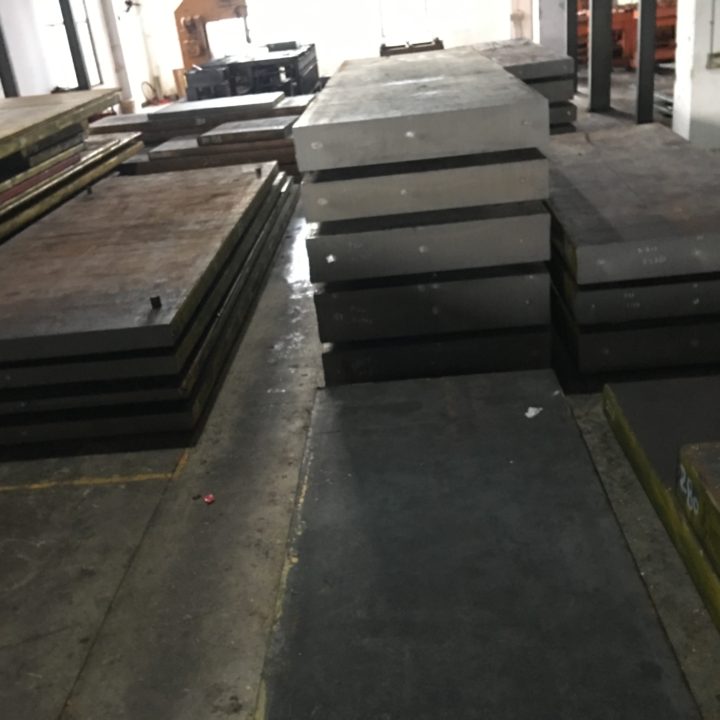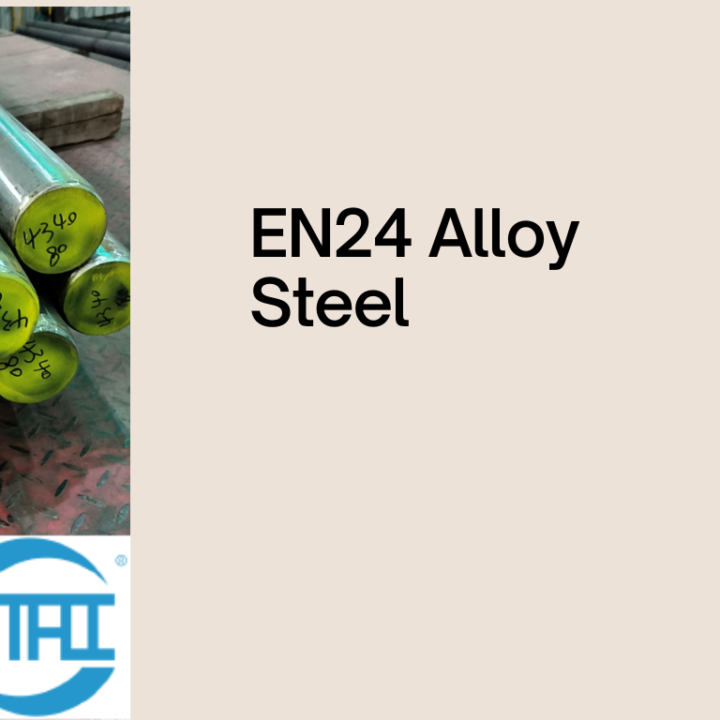The properties of 4140 steel make it highly desirable for mold fabrication. It exhibits high tensile strength, enabling molds to withstand the significant forces and pressures encountered during die casting and extrusion processes. Additionally, 4140 steel possesses excellent hardness and wear resistance, ensuring prolonged mold life and reducing the need for frequent replacements. Its good machinability allows for precise shaping and intricate mold designs, further enhancing its utility in mold fabrication.
Importance of using 4140 steel in the fabrication of molds in Die Casting and Extrusion
Molds play a crucial role in die casting and extrusion processes. They are used to shape molten metal or plastic materials into desired forms with high precision and repeatability. The quality and performance of the molds directly impact the final product’s dimensional accuracy, surface finish, and overall production efficiency. Therefore, selecting the appropriate material for mold fabrication is essential to achieve optimal results.
Material Selection for Mold Fabrication
When choosing a material for mold fabrication, several factors must be considered. These include thermal conductivity, hardness, wear resistance, thermal fatigue resistance, and machinability. The material should be able to withstand the high temperatures and thermal cycling involved in the die casting and extrusion processes without compromising its structural integrity. Among the various options available, 4140 steel stands out as a reliable choice due to its exceptional properties.
Advantages of Using 4140 steel in the fabrication of molds
Utilizing 4140 steel for mold fabrication offers several advantages. Firstly, its high strength and toughness enable the molds to withstand the stresses and pressures exerted during the casting and extrusion processes. Secondly, 4140 steel’s excellent wear resistance ensures prolonged mold life and reduces the risk of premature failure. Moreover, the material’s good machinability allows for complex mold designs, intricate details, and precise dimensional accuracy. These advantages contribute to improved productivity, cost-effectiveness, and overall quality of the final products.
Heat Treatment of 4140 Steel Molds
To optimize the properties of 4140 steel for mold fabrication, heat treatment is often employed. The process involves carefully controlled heating and cooling cycles to achieve desired hardness, strength, and toughness. Heat treatment methods such as quenching and tempering enhance the material’s mechanical properties, ensuring it can withstand the demanding conditions encountered during die casting and extrusion processes. Proper heat treatment improves the mold’s resistance to thermal fatigue and prolongs its service life.
Case Studies: Successful Applications of 4140 Steel Molds
Numerous successful applications demonstrate the effectiveness of 4140 steel molds in die casting and extrusion processes. For instance, in the automotive industry, 4140 steel molds are used for manufacturing complex engine components and structural parts. Similarly, in the plastic extrusion industry, 4140 steel molds enable the production of precision plastic profiles and extruded products. These case studies highlight the reliability and performance of 4140 steel molds in demanding manufacturing applications.
Challenges and Limitations of 4140 Steel Molds
While 4140 steel molds offer significant advantages, there are certain challenges and limitations to consider. One limitation is the material’s susceptibility to corrosion, particularly in corrosive environments. Proper surface treatment or coatings can be applied to mitigate this issue. Additionally, the high hardness of 4140 steel may require specialized machining techniques and tools. Expertise and careful attention to machining parameters are necessary to ensure the molds are accurately fabricated without compromising their integrity.
Future Trends and Innovations
As technology advances, the future of mold fabrication for die casting and extrusion processes holds exciting possibilities. Ongoing research focuses on developing advanced coatings or surface treatments to further enhance the corrosion resistance of 4140 steel molds. Additionally, innovations in additive manufacturing techniques, such as selective laser melting (SLM), offer new avenues for fabricating complex molds with improved efficiency and cost-effectiveness. These advancements will continue to shape the landscape of mold fabrication and drive the development of new materials and processes.
As technology progresses, the industry can expect further innovations that will optimize mold fabrication processes and contribute to improved product quality and efficiency.
